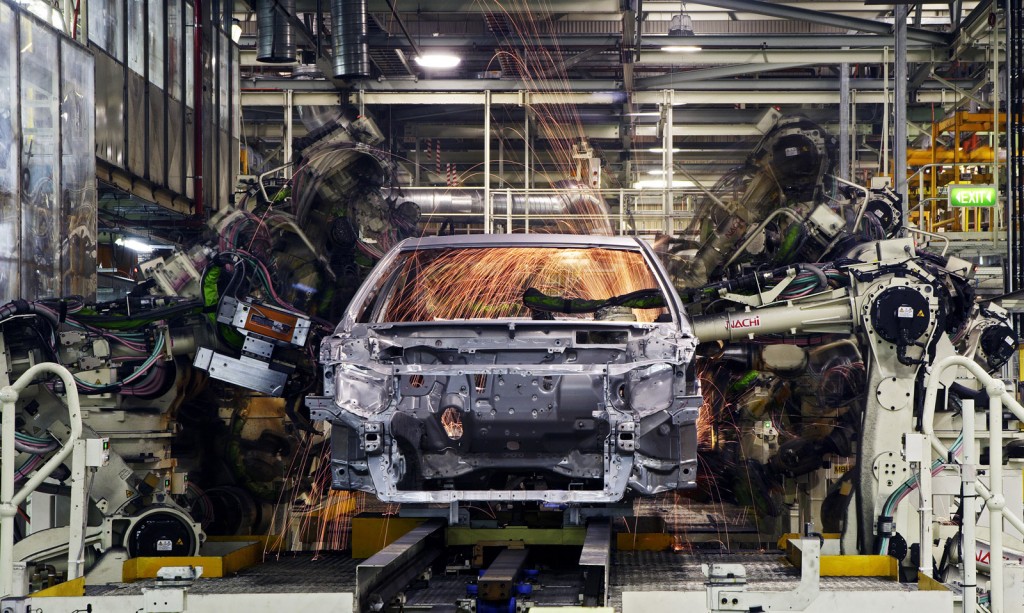Could Australia's loss be Tesla Motors' gain?
As Ford, General Motors' Holden division, and Toyota prepare to shut down their Australian factories, the Silicon Valley electric-car maker is attempting a talent grab.
DON'T MISS: Elon Musk Vs Ward's: A Sales Battle Tesla Brought On Itself
Tesla--which launched the Model S in Australia earlier this year--held a "Recruiting Open House" event in Melbourne this week, where engineering staff interviewed applicants.
The company was scouting Aussie engineers for several areas of vehicle development, including: body, interior, seating, chassis, climate control "Crash & Whole Vehicle Safety," and "Crash Sensing," according to local car-news site Motoring.

2014 Tesla Model S
Well, when you put it that way...
All of the positions Tesla is looking to fill are in California, so anyone accepted will have to make a rather lengthy move.
ALSO SEE: Tesla Model S Dashboard: Teardown Analysis Reveals Tablet-Like Construction
Tesla plans to pair these new engineers with other Australian engineers currently working at its Fremont assembly plant, according to Gizmodo.
The company's recruiting spree comes just as the the three major automakers that build cars in Australia are shutting down operations.
Ford and GM announced last year that they would stop building cars in Australia by 2017, and Toyota later followed suit.

Camry production at Toyota plant in Australia
Manufacturers are also making more of an effort to synchronize their global lineups, eliminating many market-specific products like the big rear-wheel cars sold in Australia by Ford and Holden.
All three carmakers already sell vehicles in Australia that are shared with other markets, and these don't need to be manufactured where they're ultimately sold, especially when local economic conditions are deemed unfavorable by car companies.
[hat tip: Paul Millar]
_______________________________________________











